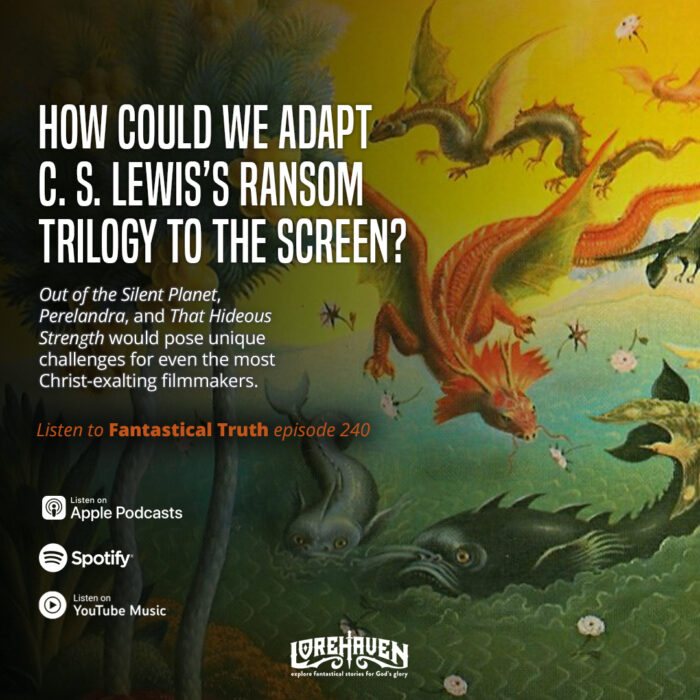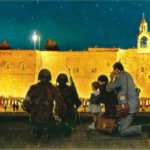Keeping Christmas
Of all the Christmas stories ever told since St. Luke penned the first and true one – of all the books and shows and  movies themed to the season, all the Christmas specials – the greatest is Charles Dickens’ A Christmas Carol, a tour de force for the ages. The story’s greatness is made up of many different parts – the immortal Scrooge, the chillingly evocative Marley, the color that breathes through every written line, the brilliant dialogue, witty and profound by turns. Not least among the sources of greatness is Dickens’ wholehearted embrace of joy and his endless delight in material pleasures. The Ghosts of Christmas taught Scrooge to keep Christmas with charity, which is a lesson to the stingy; they also taught him to keep it with joy, which is a lesson to the rest of us.
movies themed to the season, all the Christmas specials – the greatest is Charles Dickens’ A Christmas Carol, a tour de force for the ages. The story’s greatness is made up of many different parts – the immortal Scrooge, the chillingly evocative Marley, the color that breathes through every written line, the brilliant dialogue, witty and profound by turns. Not least among the sources of greatness is Dickens’ wholehearted embrace of joy and his endless delight in material pleasures. The Ghosts of Christmas taught Scrooge to keep Christmas with charity, which is a lesson to the stingy; they also taught him to keep it with joy, which is a lesson to the rest of us.
One of the glories of A Christmas Carol is how seamlessly it weaves together joy and pleasure. Scrooge proves this rule in the inverse. He takes “his melancholy dinner in his usual melancholy tavern;” he lives in “a gloomy suite of rooms, in a lowering pile of building up a yard.” Christmas Eve finds him eating gruel by a low fire in a dark, empty house. Certainly Ebenezer Scrooge, the old miser, had grown as cold as the gold he loved, and this is seen in his hardness toward all human beings, those he met and those he only heard about. But it is also seen in the unremitting bleakness of his life; he never enjoyed himself.
If Scrooge’s cold heart found manifestation in the severity of his life, the warmth and generosity of others found expression in fun and the most universal of physical pleasures. Old Fezziwig gives a party, full of dancing and cake and roast meat and mince-pies; Fred gives a party, with plentiful games and excellent food and lots of laughter; the Cratchits have their own party, the children rejoicing over pudding and stuffed goose. When the Ghost of Christmas Present brings Scrooge out of his gloomy rooms to see Christmas, he takes him first to the shops, and the descriptions provided of the wares – Norfolk apples and Spanish onions, chestnuts and candied fruit – are truly lyrical.
Through all of this, Dickens finds his way to a vital truth: Joy, even the most spiritual, needs material expression. The joy of the LORD is your strength, Nehemiah once told the people, and then sent them off to feast. This is itself a defense of Christmas – if not to the Scrooges of the world, then to the Puritans. The material pleasures of Christmas are empty without the spiritual meaning, but with it, they are not superfluous. Joy naturally overflows into pleasure. We celebrate the coming of Christ with food and presents because this is how humans celebrate everything. There is no point in demanding purely spiritual observances from those who are not purely spiritual beings.
Especially at Christmas, when we remember how God, becoming incarnate, took on our physical nature, not to destroy it but to resurrect it anew. So keep Christmas with charity, and keep it with joy, and keep it with pleasure – for this, too, can be done to the glory of God.











































